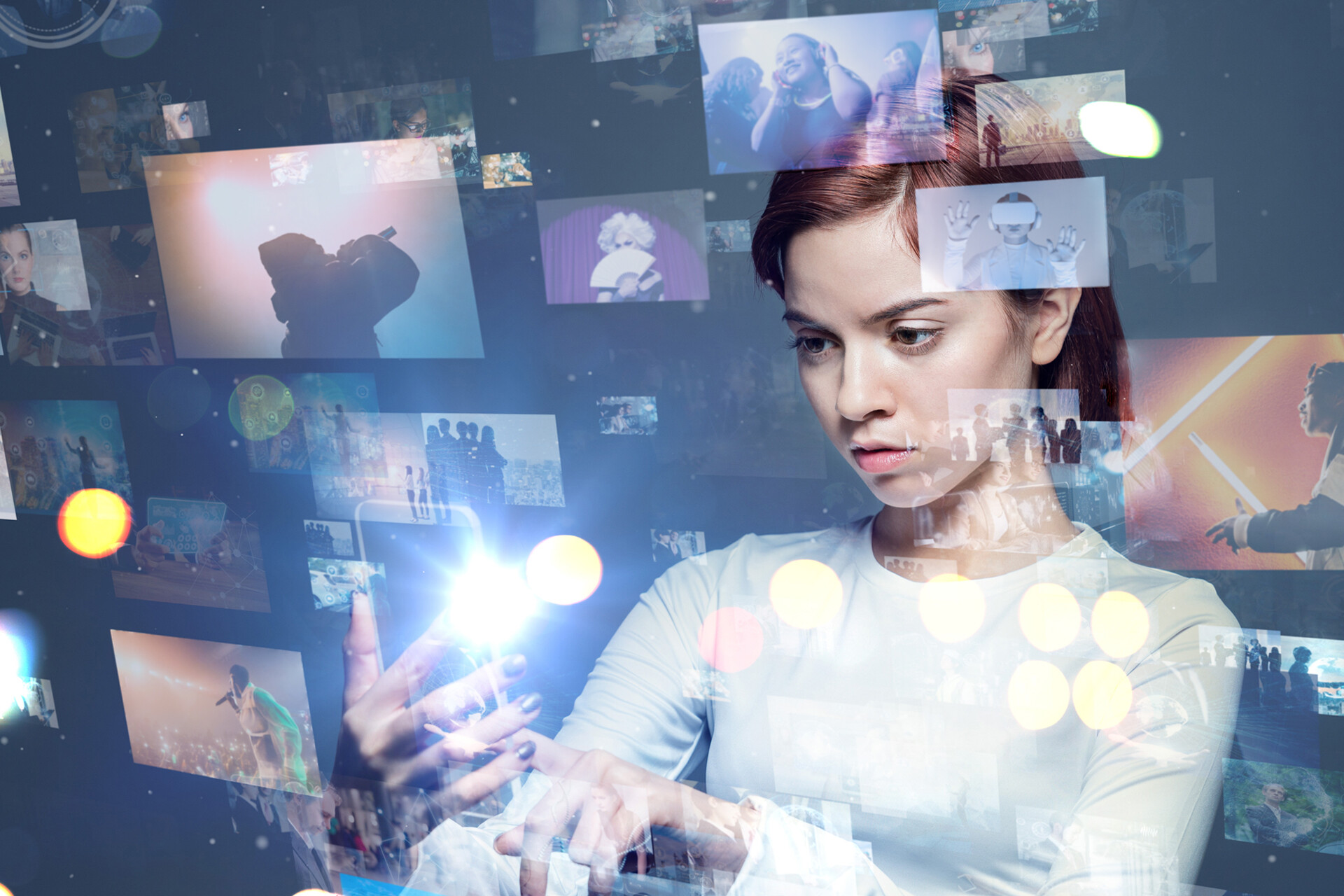The entertainment industry is marked by its unpredictability, where substantial investments do not always translate into proportional returns. Recently, the application of AI technologies, such as machine learning and deep learning, has proven invaluable in providing insights and optimizing business outcomes. As a result, there is increasing interest in exploring AI’s impact on the entertainment sector.
AI-Generated Subtitles and Synthetic Voice
The rise of social media and OTT platforms has made global content easily accessible. However, this accessibility translates into viewership only if the content is understandable, necessitating subtitles or dubbing in local languages. The main challenge was the high cost of hiring native speakers for translations. AI’s Automated Speech Recognition (ASR) and language translation technologies have made subtitling a low-cost, low-effort task. Furthermore, synthetic voice technology enhances localization by transforming content into different languages while retaining the original voice quality of the artist. Utilizing Text-to-Speech (TTS) or Speech-to-Speech (STS) technologies, AI can automate dubbing into multiple languages, preserving the cast’s voices. These innovations expand the audience for both newly created and existing content, offering it in various languages.
Visual Effects (VFX)
VFX has revolutionized the motion picture industry, bringing the vastness of human imagination to the screen. Traditionally, VFX involves labor-intensive and time-consuming tasks like rotoscoping, compositing, motion capture, performance capture, simulation, and rendering. AI methods such as Generative Adversarial Networks (GAN) have introduced automation into the VFX process, reducing effort and costs. With AI, actors’ performances, lighting, and other factors are captured from video footage to create required effects, eliminating the need for expensive 3D software and hardware. This efficiency allows artists to focus on creative tasks, reducing production times from weeks or months to just days. The technology also lowers production costs, leveling the playing field for smaller production houses and independent filmmakers. Moreover, AI-based VFX solutions are intuitive and easier to learn compared to traditional methods.
Personalized User Experience
OTT platforms, music apps, and reading apps rely heavily on personalized recommendations to engage customers and encourage repeat usage. Machine learning and deep learning algorithms extract insights that enhance personalization, leading to better user experiences. For example, intelligent song recommendations can broaden users’ tastes, increasing the likelihood of them trying new suggestions. This increased engagement fosters brand loyalty. However, maintaining data privacy while refining personalization remains a challenge. Organizations must stay updated on the latest technologies and practices to ensure data confidentiality, with anonymizing data being crucial.
Gaming, Augmented Reality (AR), and Virtual Reality (VR)
AI is transforming gaming, AR, and VR by making them more immersive and interactive. In gaming and VR, AI creates intelligent avatars capable of conversation, determines Non-Player Character (NPC) behavior, pathfinding, game progress based on player decisions, and identifies monetization opportunities. In AR and VR, AI technologies like computer vision for positional tracking, object recognition for enabling filters or identifying key components, and voice-based interaction hold tremendous potential. By integrating AI, mixed reality entertainment experiences in sports, performing arts, visitor attractions, and social media are undergoing significant transformations.
Predictive Analytics
In the high-investment and high-risk entertainment sector, production companies and streaming platforms aim to create content that resonates with audiences. AI-enabled predictive modeling from the start of the creative process helps produce low-risk content likely to appeal to viewers. Streaming services use real-time AI insights from diverse data sources, such as weather, to optimize content scheduling. Additionally, OTT platforms employ AI to detect infringements like password sharing.
AI in entertainment has been nothing short of transformative. Continued advancements will lead to more engaging, cost-effective content that captivates consumers.






